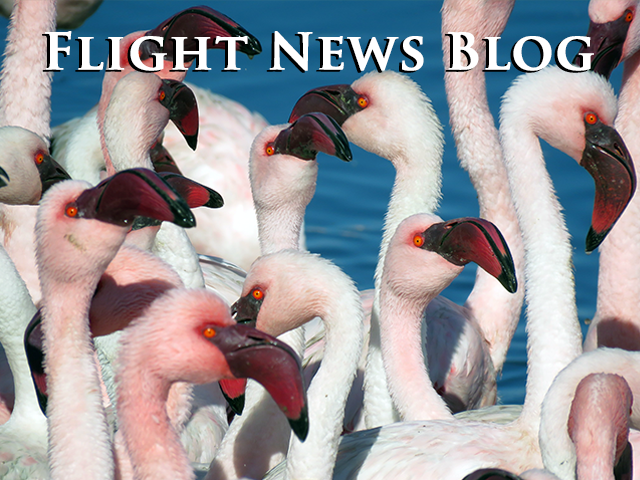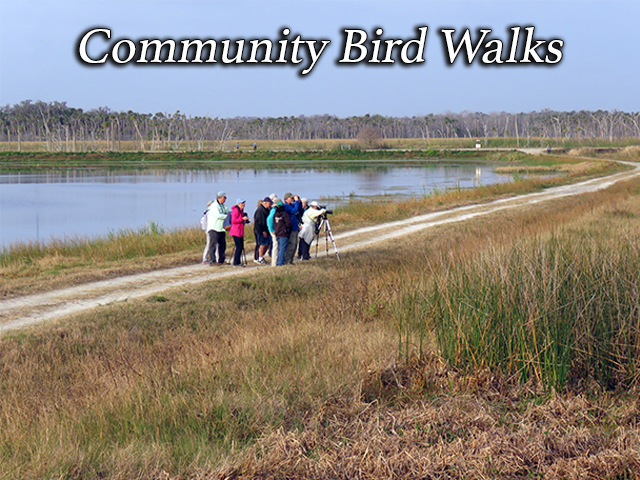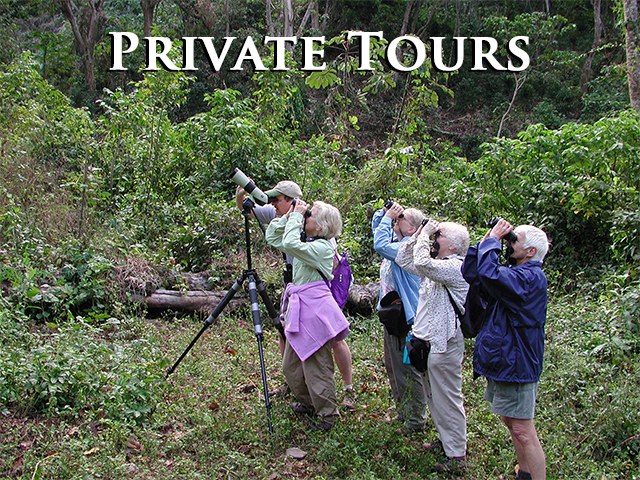Winter Birding
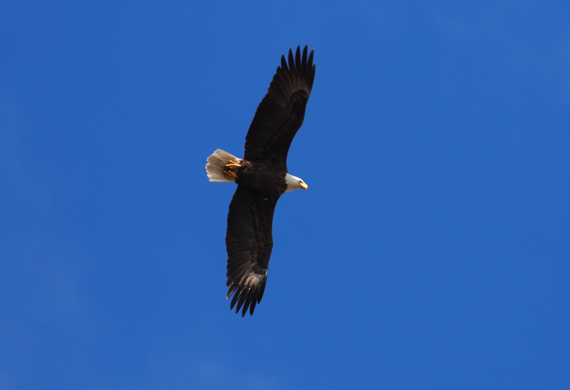
Jordan Lake, NC
January 15, 2022
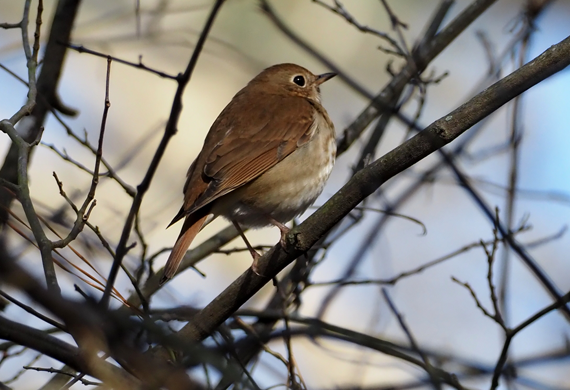
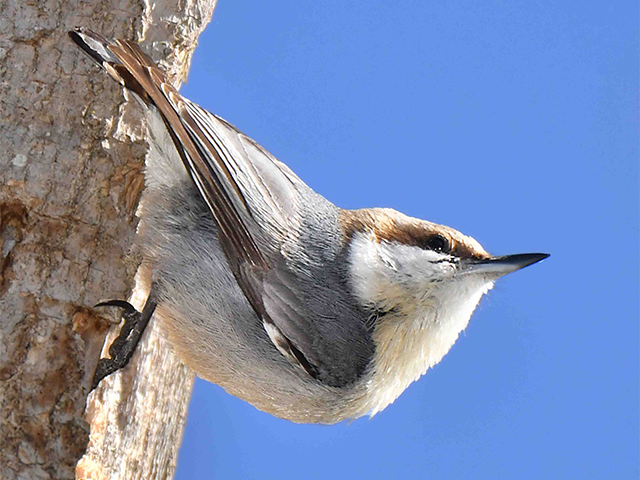
Register by clicking the ‘book now’ button above, or by contacting the Ventures office. We accept credit cards for an additional fee (2.9% for MC, Visa, Discover; 3.9% for AmEx), but you may also pay by bank transfer, cash, check, or money order. This Venture is limited to 12 participants
Meet time (morning session), Ebenezer Point: 8 AM: Jordan Lake State Recreational Area, Ebenezer Point (parking lot), Ebenezer Church Road, 2582 Beaver Creek Road, Apex NC 27502. Meet time (afternoon session), New Hope Overlook: 12 noon: New Hope Overlook (parking lot), 339 W.H. Jones Road, New Hill, NC 27562. Cost: $60 Duration: 5-6 hours Unfortunately, our picnic lunches are not currently included in our day trips (until further notice)
An easy morning scoping the lake for a variety of wildfowl, grebes, loons and gulls followed by an afternoon walk along some of the park's trails and roadsides. We recommend good hiking boots.
Jordan Lake State Recreation Area is a collection of nine access points around the shoreline of an undeveloped reservoir and totals some 34,000 acres. 80% of the area consists of coniferous plantation and mixed forest, with bottomland hardwood making up the other 20%. This important habitat is dominated primarily by maple, black gum, sweetgum, sycamore, birch, elm and ash, and supports a significant suite of species typically associated with this habitat including prothonotary warbler in the summer months. In the winter months, many ducks, cormorants, grebes and loons use the lake as a rich feeding and safe roosting site.
First settled by Scottish Highlanders in the 1740's, this interesting area is a stone's throw from the new developments at Apex. In fact, you could argue that a fair size of NC's total population actually live within a 75 mile radius of the lake. However, the area has a long human history dating back some 10,000 years and has many Native American archeological sites. Construction of the reservoir started in 1967 by the U.S. Army Corps of Engineers and was finally flooded in 1983. It now serves as the main water supply for the nearby and expanding cities of Durham, Chapel Hill and Apex. It also now serves as one of the best birding sites in the area with over 300 species being recorded in recent history which include rarities such as least bittern, anhinga, white-tailed tropicbird and even a long-billed murrelet way back in 1994! Such a large body of water surely does attract a lot of interesting species at all times of the year, and reminds me of the old adage, that if you build it, they will come.
To get a flavor of the area's birdlife, we will visit two distinct regions of the lake. We'll spend our morning at Ebenezer Point, an area which offers excellent observational opportunities across the area. Here we hope to see species such as bufflehead, ring-necked duck, hooded merganser, Bonapart's gull, American wigeon, horned grebe, common loon, great blue heron, gadwall, northern shoveler, plus raptors such as bald eagle, Cooper's and red-tailed hawks. The total bird list for this site is pretty impressive, with a chance of passerines such as pine warbler, white-breasted nuthatch and wintering hermit thrush, but also roosting owls, so we'll check out the immediate woodlands and creeks also. We'll aim to leave this first site at c.1130 AM and head over to New Hope Overlook, which is about a 10 minute drive to the south. It's the perfect time for a spot of lunch too, so please bring food.
Our second site of the day is New Hope Overlook, a quiet forested area in the southern section of the lake. Here, we'll explore the excellent woodland trails and shore habitat. At this location we hope to see red-headed, pileated woodpecker, brown-headed nuthatch, hermit thrush, roosting owls and hopefully the local belted kingfishers.


